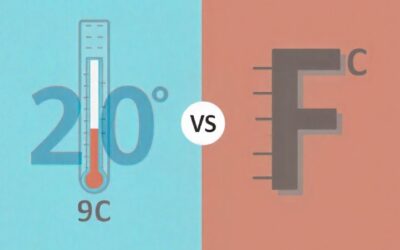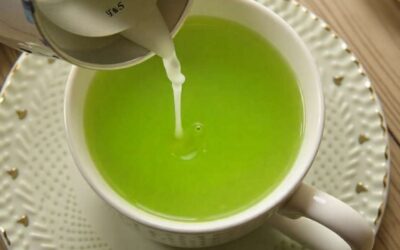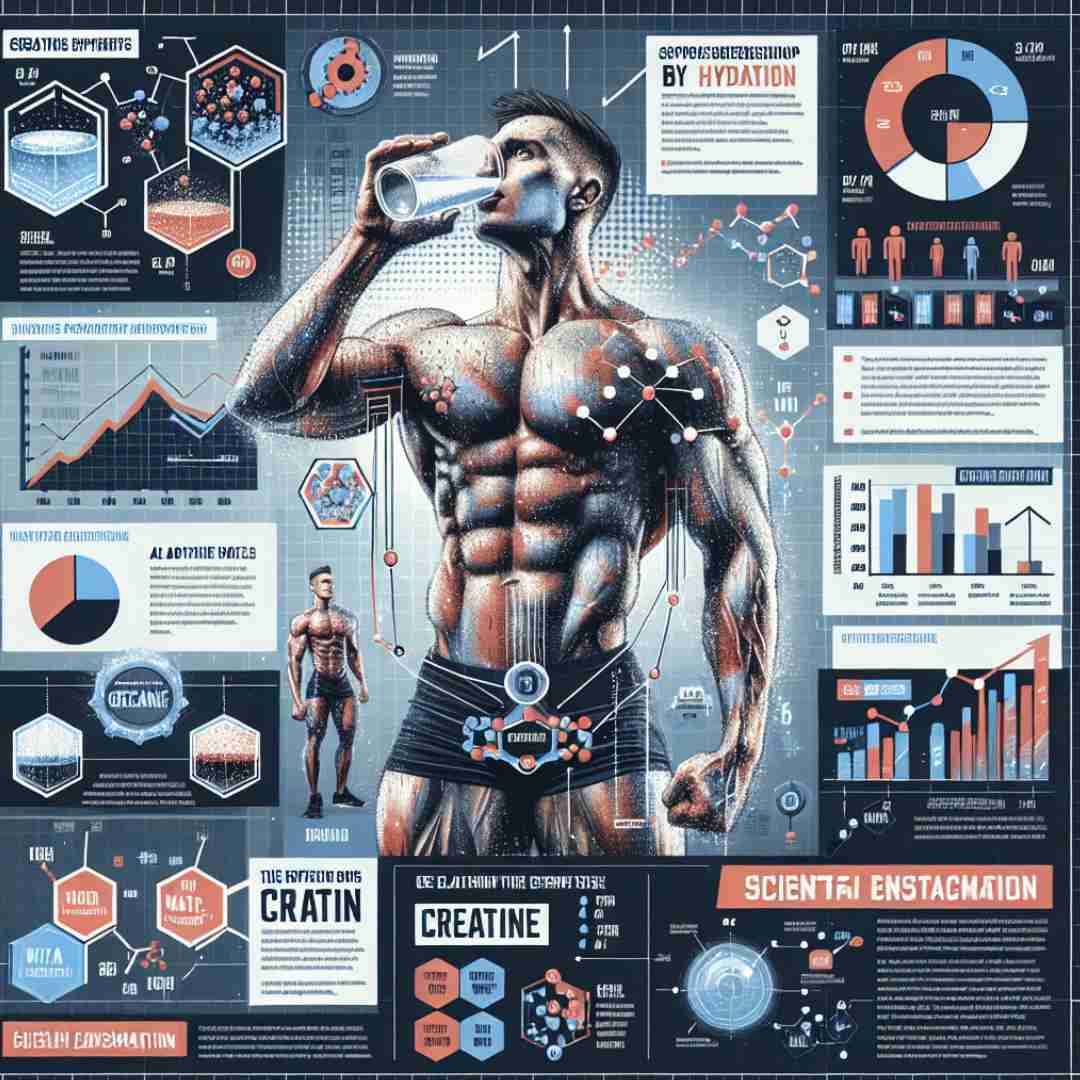Creatine is a popular supplement among fitness enthusiasts, athletes, and health-conscious individuals. Known for its potential to enhance muscle strength and endurance, creatine is often a staple in the diet of those looking to increase their athletic performance. However, while many know about creatine’s benefits, only some know the importance of hydration when taking this supplement. This article explores the relationship between creatine and water intake, helping you understand how much water you should drink with creatine to maximize its benefits and maintain your health.
Understanding the basics of creatine supplementation can initially seem complicated, especially considering how it interacts with hydration. This post is designed to break down these concepts and engage them. We’ll walk you through the science behind creatine and hydration, offer practical tips, and provide examples to ensure you have all the information you need to make the most of your supplementation routine.
What Is Creatine?
Creatine is a natural substance found in our muscle cells. It’s primarily used during high-intensity exercises like weightlifting and sprinting. Our bodies produce creatine from amino acids in foods such as red meat and fish. However, to achieve performance-enhancing effects, many choose to take creatine supplements.
Creatine helps regenerate ATP (adenosine triphosphate), the primary energy currency of the cells. During short bursts of intense activity, ATP is quickly depleted. By supplementing with creatine, you’re allowing your muscles to produce more energy, which can improve performance in high-intensity training.
A typical creatine supplement regimen involves a loading phase and a maintenance phase. During loading, a higher dose is taken to saturate muscle stores. A maintenance dose usually follows this. But how does water factor into this equation? Let’s find out.
Why Hydration Matters
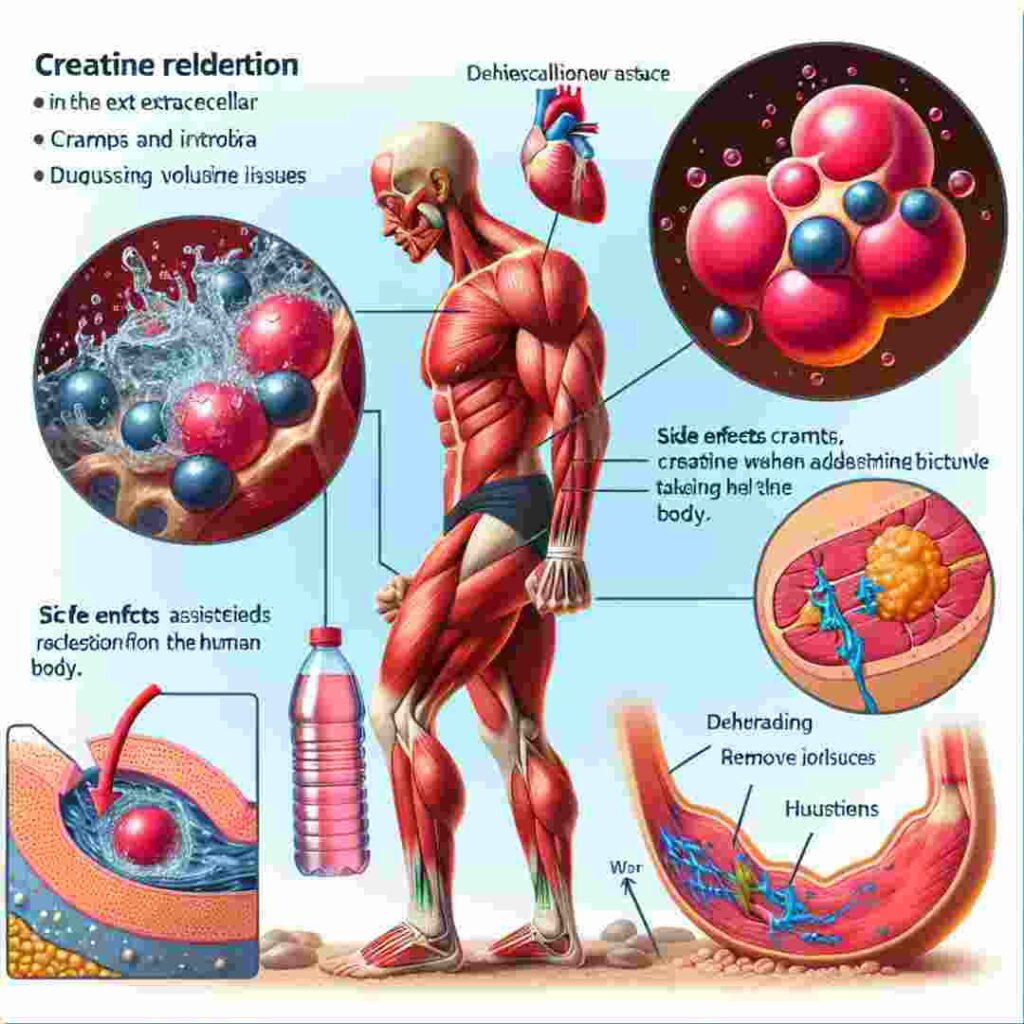
Hydration is vital when taking creatine. Creatine draws water into your muscle cells, increasing muscle volume and contributing to muscle growth. However, your body may require more water than usual to stay hydrated and maintain balance.
You may experience side effects such as dehydration, cramps, or digestive issues without adequate hydration. Staying adequately hydrated helps prevent these issues and optimizes your body while taking creatine.
Water aids in the digestion and absorption of creatine, ensuring it reaches your muscles where needed. It also supports overall bodily functions, such as regulating temperature, removing waste, and cushioning joints.
How Much Water to Drink with Creatine
A standard recommendation is to drink at least 8-10 cups (about 2-2.5 liters) of water daily. However, when taking creatine, you might need more to accommodate the additional water drawn into your muscles.
Fitness experts often suggest consuming at least 8-16 ounces of water for every 3-5 grams of creatine consumed. This helps counterbalance the water pulled into muscle cells and supports hydration.
Your water needs may vary depending on body weight, exercise intensity, and climate. Paying attention to your body’s signals, such as thirst and urine color, can help ensure you drink enough.
Signs of Dehydration to Watch For
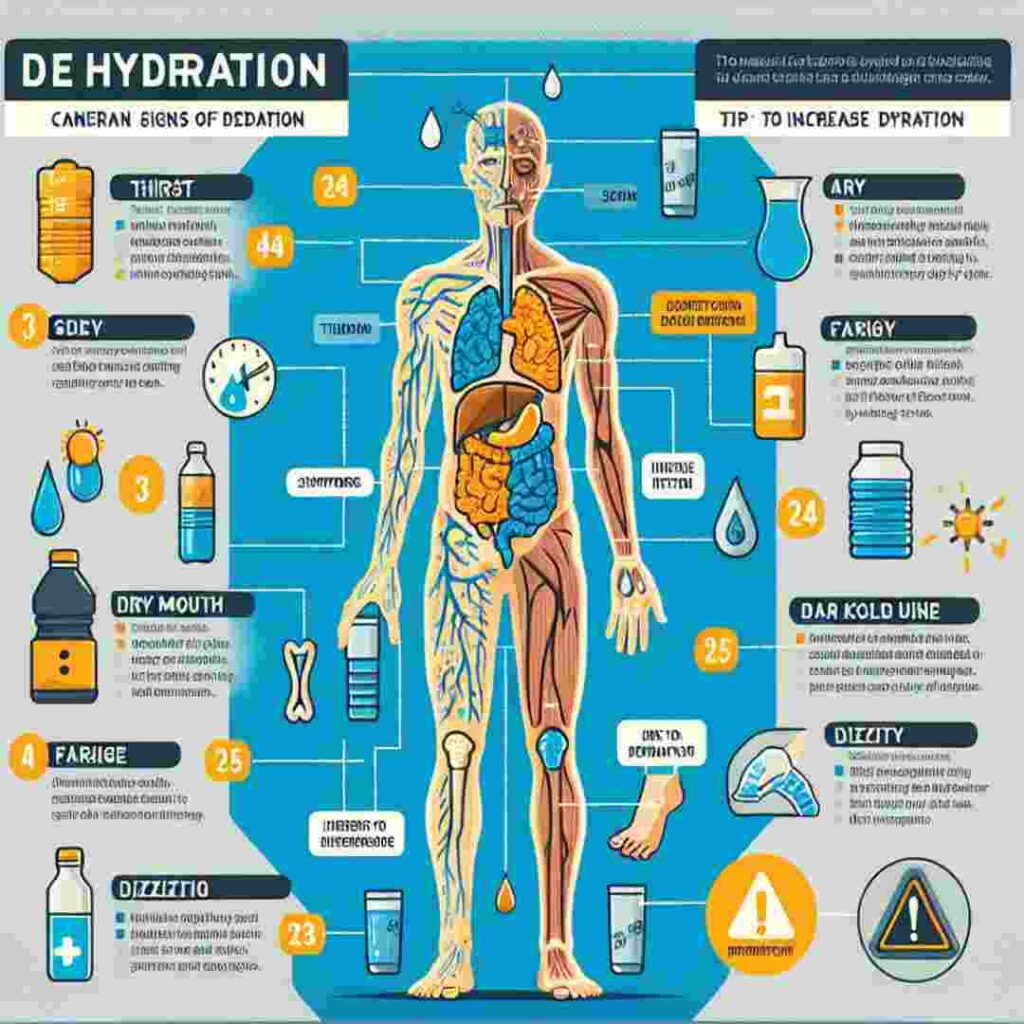
Recognizing the signs of dehydration can help you adjust your water intake accordingly. Common signs include thirst, dry mouth, fatigue, dizziness, and dark-colored urine. If you experience these symptoms, it may be a sign to increase your water intake.
During intense exercise, be mindful of additional fluid loss through sweat. In hot and humid conditions, your body loses water even more quickly, making hydration especially crucial.
Remember, even mild dehydration can impact performance and overall well-being. Staying attuned to your body’s needs can help you prevent dehydration and maintain optimal health.
Balancing Electrolytes
While hydrating is essential, it’s also important to maintain a balance of electrolytes, which are lost through sweat during exercise. Sodium, potassium, magnesium, and calcium are vital electrolytes that support muscle function and hydration.
Consuming foods rich in these electrolytes or electrolyte-enhanced beverages can help replenish what’s lost during workouts. Bananas, yogurt, nuts, and leafy greens are excellent sources of these essential minerals.
For some, especially those who engage in prolonged or intense exercise, a sports drink with electrolytes may be beneficial. However, be mindful of added sugars and choose options that align with your nutritional goals.
Timing Your Water Intake
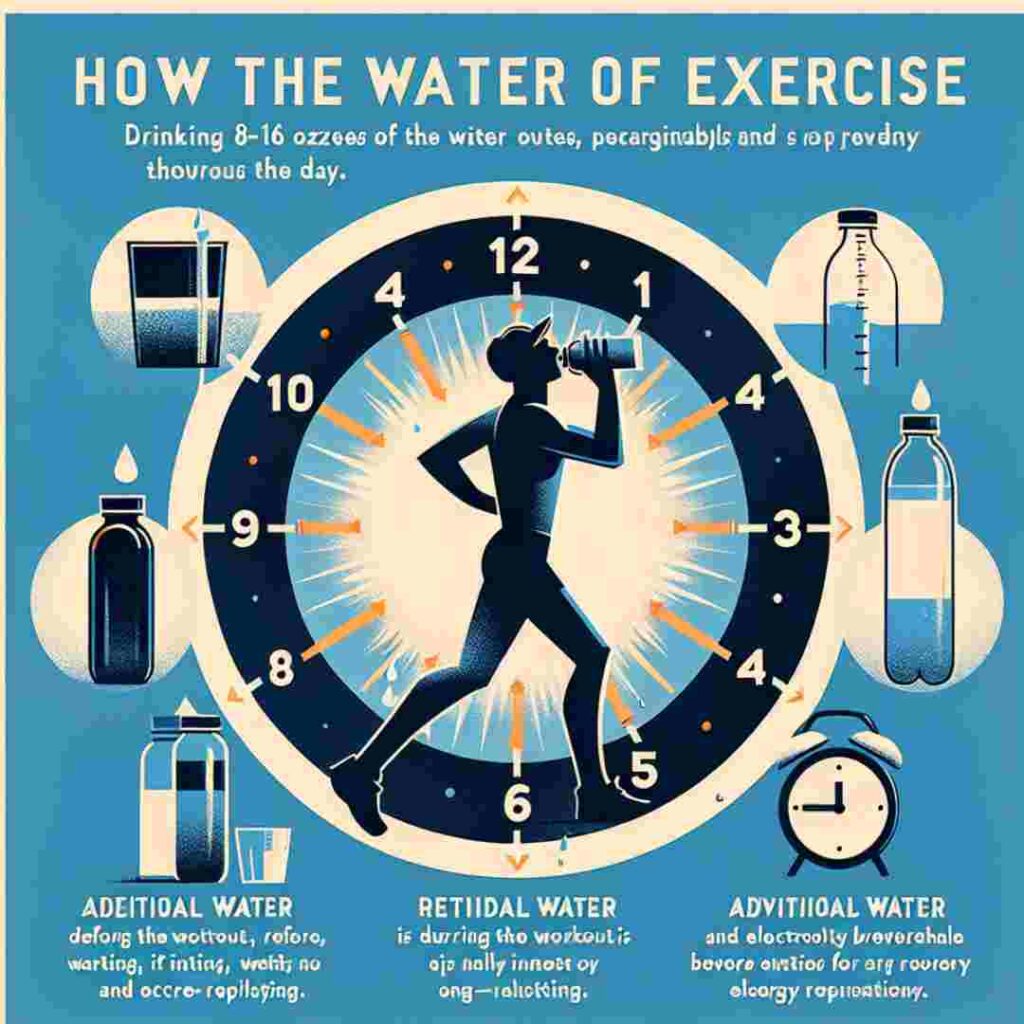
Consistency is vital when it comes to hydration. Spread your water intake throughout the day to ensure your body remains hydrated.
Before your workout, drink 8-16 ounces of water to help prevent dehydration. Aim to consume small amounts of water regularly during your workout, especially if it’s long or intense.
After your workout, rehydrate with additional water and possibly an electrolyte beverage to replace lost fluids and restore balance. This helps with muscle recovery and replenishes your energy levels.
Creatine and Its Impact on the Body
Creatine supplementation is generally considered safe for most people. However, like any supplement, it’s essential to use it responsibly and be aware of its effects on your body.
Aside from hydration, some individuals may experience mild side effects such as bloating or stomach discomfort. These can often be mitigated by adjusting the dosage or splitting it into smaller daily servings.
Consulting with a healthcare professional or nutritionist can offer personalized advice and ensure that creatine suits your fitness goals and health status.
Myths About Creatine and Hydration
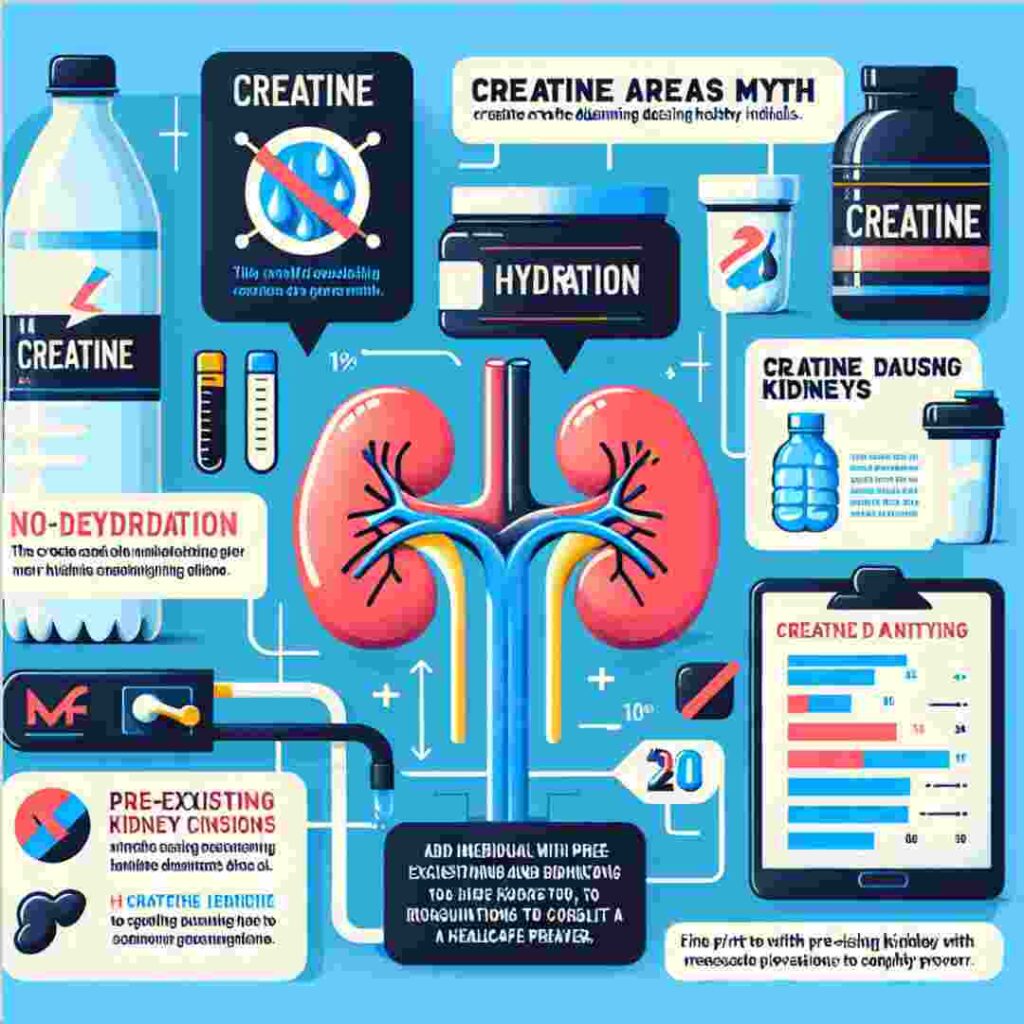
Several myths surround creatine and hydration. One common misconception is that creatine causes dehydration. While creatine affects water distribution, proper hydration practices can prevent this.
Another myth is that creatine damages the kidneys. Research shows that creatine is generally safe for healthy individuals when taken within recommended doses. However, those with pre-existing kidney conditions should consult a healthcare provider before use.
Understanding the facts and dispelling myths can help you make informed decisions about creatine supplementation and hydration.
The Benefits of Staying Hydrated
Beyond supporting creatine supplementation, staying hydrated offers numerous benefits. Proper hydration promotes cognitive function, mood, and energy levels, helping you stay focused and alert throughout the day.
Hydration also aids in maintaining healthy skin, regulating body temperature, and supporting digestion. It helps transport nutrients to cells and facilitates waste removal, contributing to overall wellness.
Whether you’re a fitness enthusiast or looking to improve your health, staying hydrated is a simple yet effective way to enhance your quality of life.
Tips for Maintaining Optimal Hydration
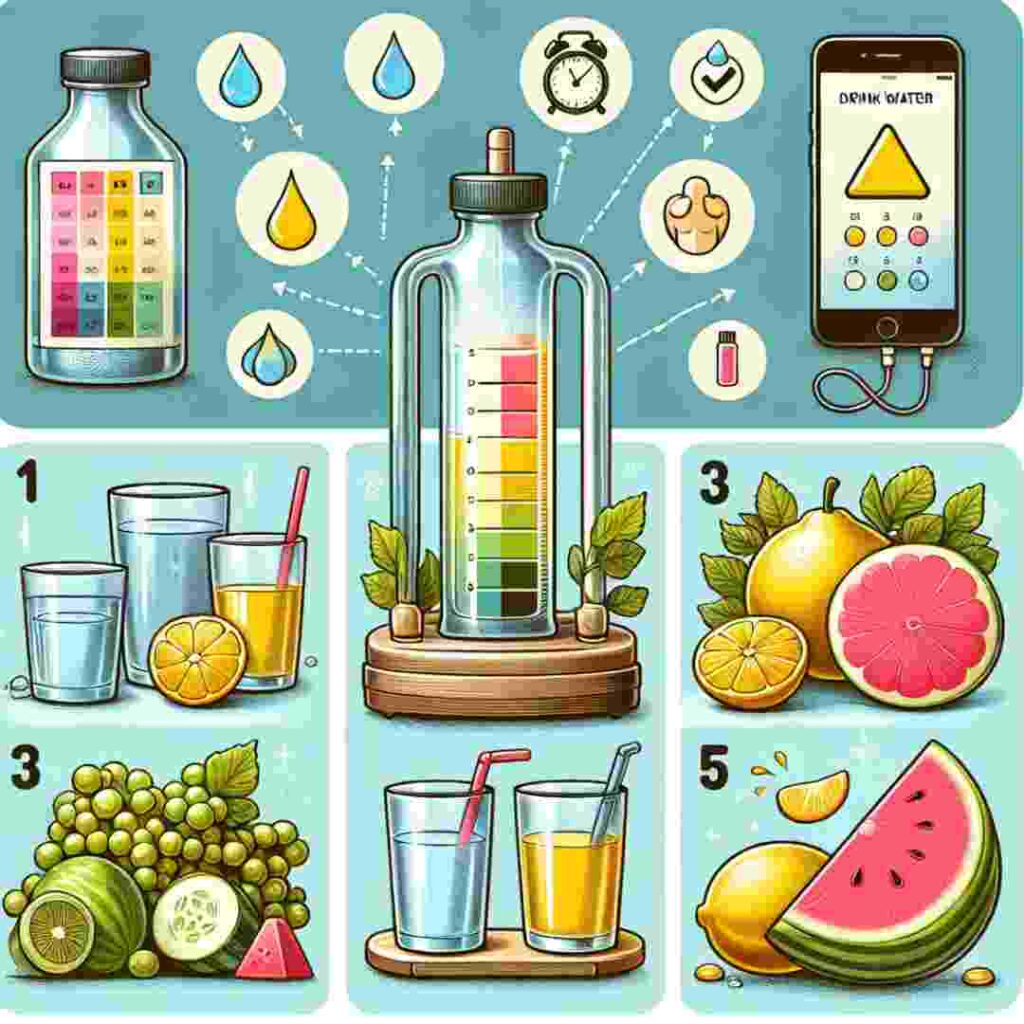
Incorporating these tips can help ensure you stay hydrated while taking creatine:
- Carry a Water Bottle: Water-rich water encourages consistent sipping throughout the day.
- Set Reminders: Use apps or alarms to remind you to drink water regularly.
- Monitor Urine Color: Aim for pale yellow urine, which indicates good hydration levels.
- Eat Water-Rich Foods: Foods like watermelon, cucumbers, and oranges contribute to overall fluid intake.
- Adjust for Activity: Increase water intake during exercise and in hot weather to replace lost fluids.
Frequently Asked Questions
Can I take creatine every day?
Yes, creatine can be taken daily. It’s often recommended to start with a loading phase of 20 grams daily for 5-7 days, followed by a maintenance dose of 3-5 grams daily. However, always consult a healthcare provider for advice tailored to your needs and goals.
Will creatine make me gain weight?
Creatine may cause an initial weight gain due to increased muscle water retention. This weight gain is temporary and can be viewed positively, as it often signifies enhanced muscle recovery and function.
What is the best time of day to take creatine?
Creatine can be taken at any time of the day, but some people consume it post-workout when the body is primed for nutrient absorption. Consistency is more important than timing, so find a routine that suits your schedule.
How long does it take to see results from creatine?
Results can vary, but many people notice improvements in exercise performance and muscle strength within a few weeks of consistent creatine use, mainly if a loading phase is utilized.
Do I need to cycle creatine?
While some choose to cycle creatine, it’s generally unnecessary and optional for most individuals. Continual use is safe for the majority, but if you choose to cycle, a standard regimen is taking creatine for 8-12 weeks, followed by a 4-week break.
Can creatine be taken with other supplements?
Creatine is often taken alongside supplements like protein powder, BCAAs, or pre-workout mixes. There’s no known adverse interaction, but it’s always best to check with a healthcare professional to ensure compatibility based on your health profile.
Is creatine safe for teenagers?
Creatine is considered safe for teenagers if it is taken within recommended guidelines. However, teenagers must consult a healthcare professional before supplementation to ensure safety and suitability.
Conclusion
Hydration is crucial to maximizing the benefits of creatine supplementation. By understanding the relationship between creatine and water intake, fitness enthusiasts, athletes, and health-conscious individuals can optimize their performance and well-being.
Stay mindful of your water intake, recognize the signs of dehydration, and incorporate practical hydration strategies into your routine. Doing so will support your fitness goals and maintain overall health. For more guidance on creatine and hydration, consider consulting a healthcare professional or nutritionist who can provide personalized recommendations tailored to your needs.

















